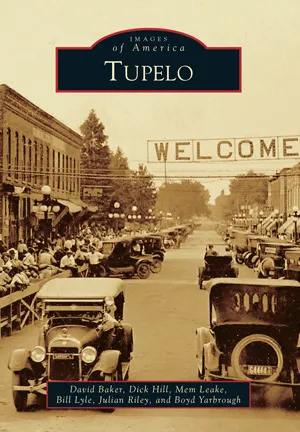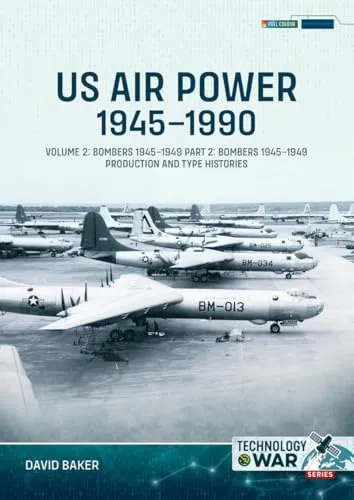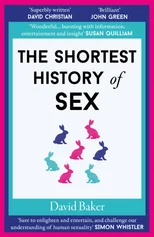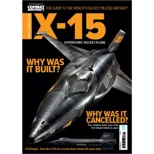Tupelo
(Author) David BakerBy 1858, construction on a new railroad from Mobile, Alabama, to Cairo, Illinois, had intersected the Fulton/Pontotoc Road near an area called Gum Pond. That location contained large numbers of tupelo gum trees, and the intersection became known as Tupelo. Many merchants in surrounding communities, like Harrisburg and Richmond, realized that the intersection was going to be a prime area for commerce and began disassembling buildings that housed places of business and relocating them to Tupelo. By the beginning of the Civil War, there were two stores, two hotels, two saloons, and a temporary depot fronting the railroad just south of present-day Main Street. During the Civil War, Tupelo became a major location for shipping grain and livestock to the Confederate army. It also served as headquarters for the Confederate Army of the West and a rest and recreation area for Confederate armies.
David Baker
David Baker is an American poet, essayist, and educator known for his lyrical and introspective writing style. He has published numerous poetry collections, including "Changeable Thunder" and "Scavenger Loop," which explore themes of nature, memory, and the human experience. Baker's work often delves into the complexities of relationships and the interconnectedness of the natural world.
His contributions to literature have been widely recognized, earning him prestigious awards such as the Guggenheim Fellowship and the Theodore Roethke Memorial Poetry Prize. Baker's keen observations and evocative language have had a significant impact on contemporary poetry, inspiring readers and fellow writers alike.
One of his most famous works is "Never-Ending Birds," a collection that showcases his mastery of form and imagery. Through his poetic exploration of the world around us, David Baker continues to enrich the literary landscape with his unique voice and profound insights.






